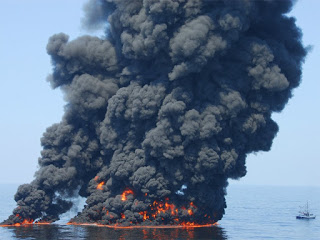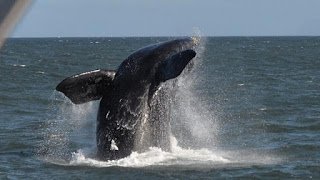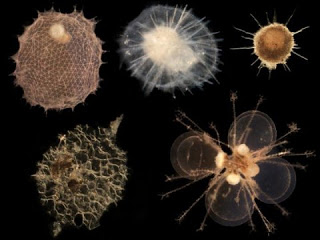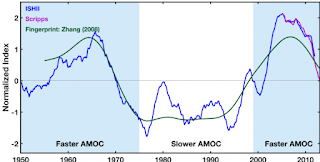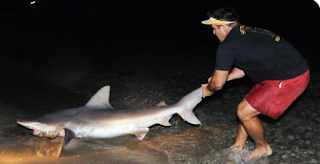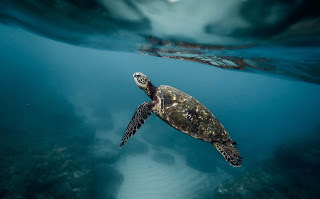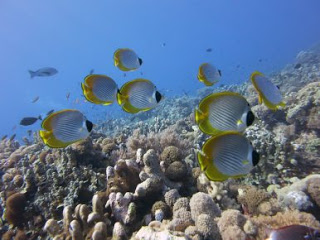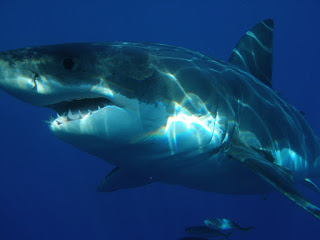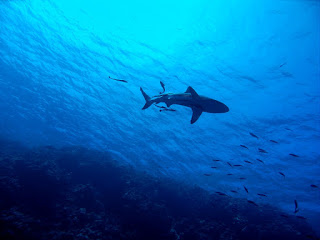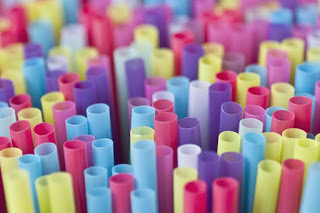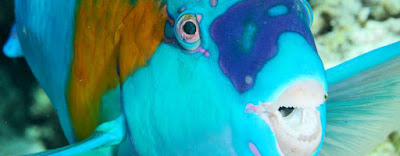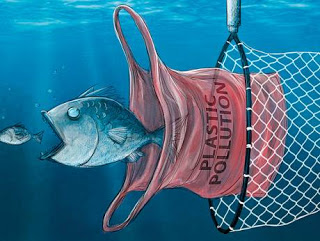1. Innovative Loophole – Could Block Future Offshore Oil Exploration and Drilling
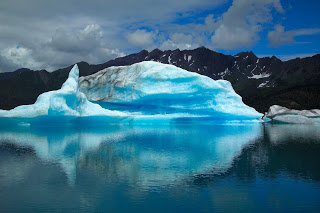 Glaciers in Canada are melting more rapidly in a shorter period of time, and researchers warned it’s evidence of accelerated global warming. In a study of nearly 1,800 glaciers along Ellesmere Island in Canada’s High Arctic, more than 1,350 glaciers shrank as average temperatures in the area rose more than 3 degrees, according to a study published in the Journal of Glaciology. Six percent of all glaciers were lost between 1999 and 2015. Most of them won’t re-accumulate lost ice as global temperatures increase more rapidly now than they have in the last several decades.
Glaciers in Canada are melting more rapidly in a shorter period of time, and researchers warned it’s evidence of accelerated global warming. In a study of nearly 1,800 glaciers along Ellesmere Island in Canada’s High Arctic, more than 1,350 glaciers shrank as average temperatures in the area rose more than 3 degrees, according to a study published in the Journal of Glaciology. Six percent of all glaciers were lost between 1999 and 2015. Most of them won’t re-accumulate lost ice as global temperatures increase more rapidly now than they have in the last several decades.
Read more: Journal of Glaciology…
and
In the past year, there has been about $300 billion in damages due to environmental and climate disasters, strongly fueled by the series of hurricanes that struck the east coast of the United States. And this is just the beginning. When climate change and its consequences were first extensively discussed in the 1990s, sea level rise was presented as a potentially devastating outcome. But early reports of the Intergovernmental Panel on Climate Change downplayed the magnitude of likely sea level rise, allaying public concerns and giving rise to climate change deniers.
Deep in the ocean’s twilight zone, swarms of ravenous single-celled organisms may be altering Earth’s carbon cycle in ways scientists never expected, according to a new study from Florida State University researchers. In the area of 100 to 1,000 meters below the ocean’s surface — dubbed the twilight zone because of its largely impenetrable darkness — scientists found that tiny organisms called phaeodarians are consuming sinking, carbon-rich particles before they settle on the seabed, where they would otherwise be stored and sequestered from the atmosphere for millennia.
A huge circulation pattern in the Atlantic Ocean took a starring role in the 2004 movie “The Day After Tomorrow.” In that fictional tale, the global oceanic current suddenly stops and New York City freezes over. While many aspects of the movie are unrealistic, oceanographers are concerned about the long-term stability of the Atlantic Ocean circulation, and previous studies show that it has slowed dramatically in the past decade
Final Roll Call for Vote to Overhaul United States Fisheries Laws in House of Representatives – H.R. 200
This bill, if passed, will “sink” many ocean conservation regulations.
The controversial fishing practice of catching large sharks from shore could be banned from many of Florida’s public beaches, restricted to nighttime hours or subjected to other limits, under options being considered to protect both swimmers and the sharks. The Florida Fish and Wildlife Conservation Commission voted last April to impose limits on shore-based shark fishing, an activity that produces dramatic Instagram photos and YouTube videos of anglers reeling in 12-foot hammerheads and tiger sharks. Nine workshops have been scheduled around the state, with specific proposals tentatively scheduled to go to the commission in December.
It’s a dark night, the moon providing little illumination on the unusual procession making its way along a pristine beach on a remote island in Malaysian Borneo. Our guide and local wildlife warden, Absan Saman, pauses occasionally, searching for clues in minor indentations in the sand or behind the crowded treeline.
Tailing behind, trudging in pairs with M16s firmly gripped in their hands, a police escort follows on what seems a tame mission. Their presence is a necessity in the piracy-stricken region. Joining tonight and taking up the rear are Saman’s mentors from the World Wide Fund for Nature (WWF).
11. Ditching Plastic Straws is a Good Start, But Much Work Remains to be Done
Many Environmentalists praised Starbucks’ announcement this week that it will stop using plastic straws within two years, and it’s indeed a laudable move. It also barely makes a dent in the global trash crisis. This is the part of our gotta-have-it consumer culture that people would rather not think about — what to do with the mountains of waste generated by our need to possess the best, the latest, the most buzzed-about products. Simply put, we’re running out of places to safely throw stuff away, and we’ve turned our oceans and waterways into sludge buckets for some of the most toxic materials imaginable.
12. Newly Discovered Shark Species Honors Eugenie Clark
Eugenie Clark was a pioneer in shark biology, known around the world for her illuminating research on shark behavior. But she was a pioneer in another critical way, as one of the first women of prominence in the male-dominated field of marine biology. Fondly labeled the “Shark Lady,” Clark, who founded Mote Marine Laboratory and continued studying fishes until she passed away in 2015 at age 92, will now be recognized with another distinction: namesake of a newly discovered species of dogfish shark.
13. Everything You Need To Know About All The Upcoming Plastic Straw Bans
Plastic straws have been a big topic of discussion as of late. It’s no surprise that they’re not great for the environment, but if a switch to plastic lids (à la Starbucks) is making you scratch your head, here’s what you need to know. Because of their size, plastic straws can literally slip through the cracks when going through the recycling process. They often end up in the ocean, where they can do damage to sea creatures who mistake them for food. And when they’re not recycled, they wind up in landfills. Plastic lids, while not ideal, are much easier to recycle.
14. Polar Oceans are Hot Spots for New Fish Species
15. Nature-Rich ‘Wonderlands’ in Antarctic Waters Given Protection
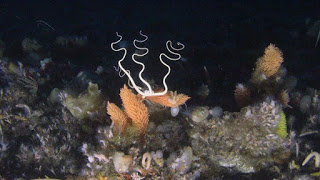 Wildlife-rich areas of the seas around Antarctica which were identified in recent submarine dives have been approved for special local protection. Research in the waters of the Gerlache Straight along the Antarctic Peninsula and in the Antarctic Sound, carried out during an expedition by Greenpeace to the region in January, identified four “vulnerable marine ecosystems”. Video evidence of the seafloor, collected by Dr. Susanne Lockhart, of the California Academy of Sciences, during trips in a submersible, reveals an underwater world rich in corals, sponges, ice fish, starfish and sea squirts.
Wildlife-rich areas of the seas around Antarctica which were identified in recent submarine dives have been approved for special local protection. Research in the waters of the Gerlache Straight along the Antarctic Peninsula and in the Antarctic Sound, carried out during an expedition by Greenpeace to the region in January, identified four “vulnerable marine ecosystems”. Video evidence of the seafloor, collected by Dr. Susanne Lockhart, of the California Academy of Sciences, during trips in a submersible, reveals an underwater world rich in corals, sponges, ice fish, starfish and sea squirts.16. Leading the UAE Challenge to Beat Plastic Pollution

